October 4, 2023
BCO Awards dominated by South East offices yet again but Glasgow office takes top spot
 Barclays’ Glasgow campus (pictured) was celebrated as the Best of the Best at the British Council for Offices (BCO) National Awards last night, also taking home the prize for Corporate Workplace. Seven further winners of BCO Awards were recognised as leading examples of excellence in workplace design in the UK. There were no winners in any category in the Midlands or North of England, Northern Ireland or Wales, although two offices in Manchester and Widnes were commended and the President’s Award went to HMRC for its ongoing national estate management programme. (more…)
Barclays’ Glasgow campus (pictured) was celebrated as the Best of the Best at the British Council for Offices (BCO) National Awards last night, also taking home the prize for Corporate Workplace. Seven further winners of BCO Awards were recognised as leading examples of excellence in workplace design in the UK. There were no winners in any category in the Midlands or North of England, Northern Ireland or Wales, although two offices in Manchester and Widnes were commended and the President’s Award went to HMRC for its ongoing national estate management programme. (more…)






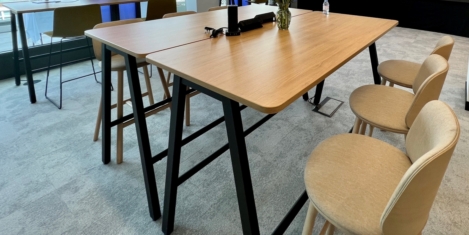
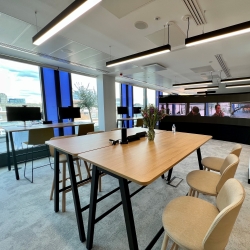 Zoom has opened a new London ‘Engagement Hub’ which the firm claims will spearhead the shift from traditional office spaces to ‘experiential working hubs’. With the demand for hybrid working and remote capabilities giving rise to unconventional ways of operating, Zoom says it has designed its new office to support the changing nature of the employee experience, marking a new era of modern work.
Zoom has opened a new London ‘Engagement Hub’ which the firm claims will spearhead the shift from traditional office spaces to ‘experiential working hubs’. With the demand for hybrid working and remote capabilities giving rise to unconventional ways of operating, Zoom says it has designed its new office to support the changing nature of the employee experience, marking a new era of modern work. 

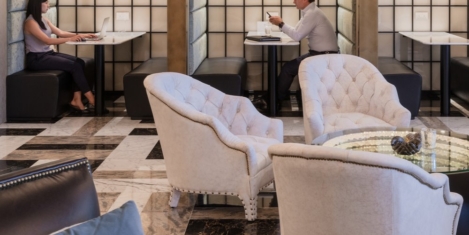
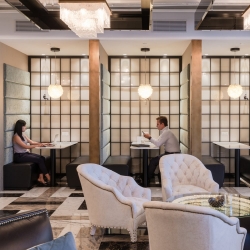









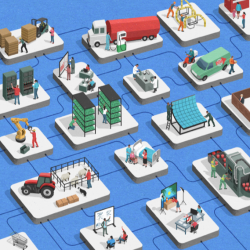
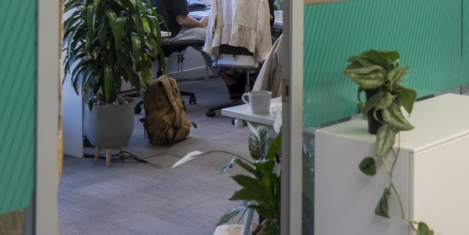
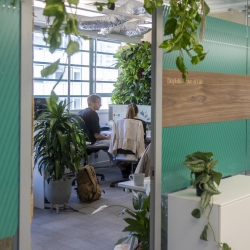








June 27, 2023
Understanding the power of mindset and what it can do for you
by Lisa Collinson • Business, Comment, Wellbeing, Workplace